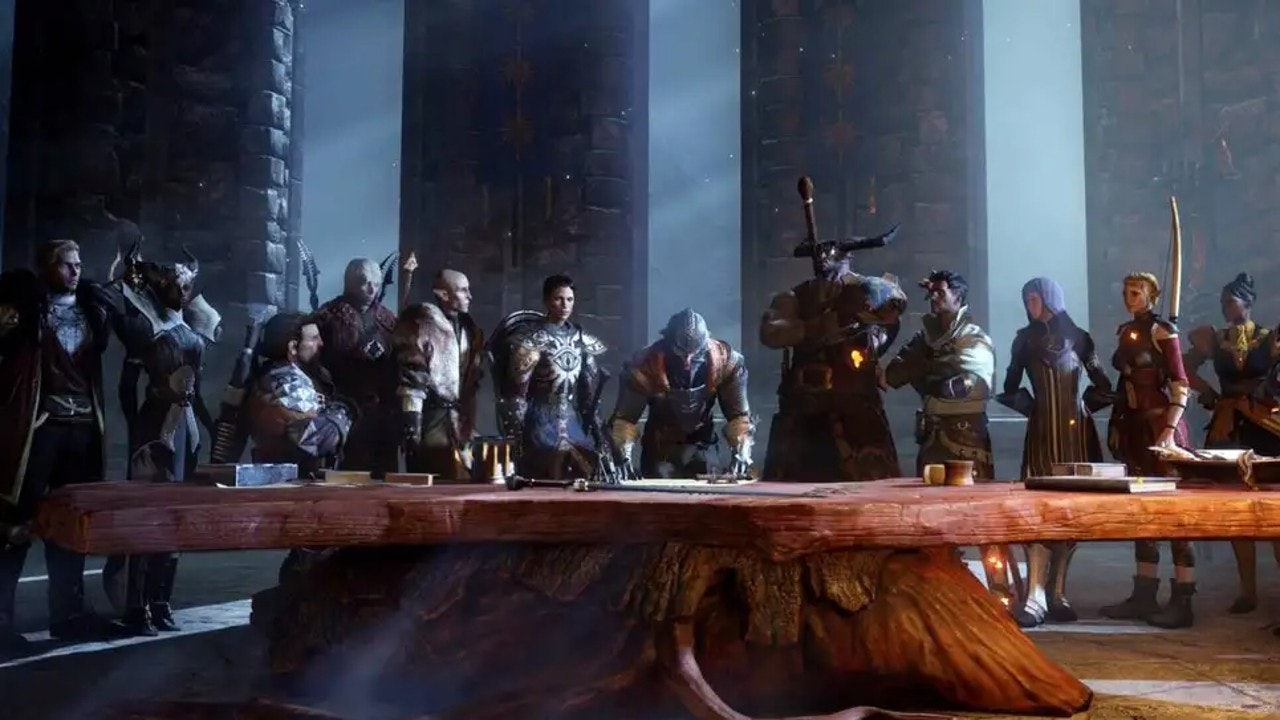
Earlier this week, publisher Koei Tecmo announced that it was giving all its Japan-based employees a 23 percent base increase to their salaries. The decision follows similar moves by Capcom and Bandai Namco in recent months. While the West isn’t seeing the same shift toward higher wages, we are seeing a broader push within the industry to make workplaces more welcoming and sustainable at development studios and publishers.
As reported by VGC, Koei Tecmo said in a statement, “Based on the belief that human resources are the most important asset of the Group, we have long been working on measures to improve the job satisfaction of our employees.”
Satisfaction is the key word there. Over the last couple of years, countless games industry employees have come forth alleging toxic work environments at companies around the world. From dozens of misconduct allegations at some of the industry’s biggest companies like Activision and Ubisoft, to reports of harsh crunch at studios like TT Games, makers of Lego Star Wars The Skywalker Saga. Another recent report sees Nintendo of America employees speaking out about low pay and harsh management.

Making video games is often seen as “passion” work to justify long hours and stagnant wages, but many companies are implementing wide changes in order to retain employees.
Serkan Toto, CEO of industry consultancy Kantan Games, tells Inverse, “This is not about these companies being nice, sharing the wealth or having a change of mind as to how to treat employees. The studios don't have a choice if they want to retain their staff. Talent is very scarce in Japan in particular, a country with a rapidly shrinking and graying population that is tough on immigration at the same time.”
“The studios don't have a choice.”
“Passion jobs don't pay well in many places in the world, but I think this is especially true in Japan, where the situation is even more extreme in entertainment businesses such as anime,” Toto continues. “While the salary situation is not perfect in the West, game studio employees do get paid much better when compared to their counterparts in Japan.”

There are obviously some massive cultural differences between the Western and Japanese industries, but it’s clear that there’s a broader push for a better workplace culture in games worldwide. A push for unionization is starting in the West, with both Activision and BioWare QA employees seeking to form unions.
“Passion jobs don't pay well in many places in the world, but I think this is especially true in Japan.”
Some indie developers are also pushing for more benefits, better pay, and a better work-life balance, like the newly-formed Gardens Studio. Meanwhile, Japanese companies are increasing pay and opting for things like four-day workweeks, as announced by Pokemon developer Game Freak.
There’s clearly something wrong at the core of the industry when both Japanese and Western companies are making moves to improve work quality. There is progress being made, albeit incredibly slow. There’s still immeasurable work to do in order to address major problems, but it’s clear developers and workers have the power to enact some sort of change.







